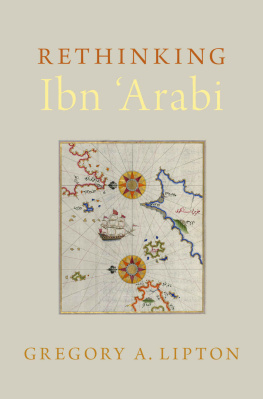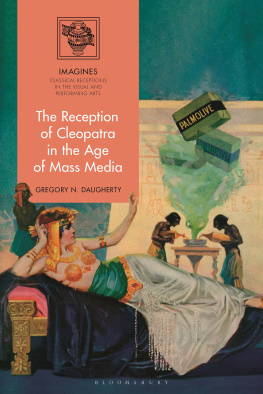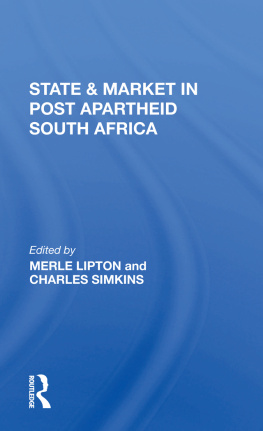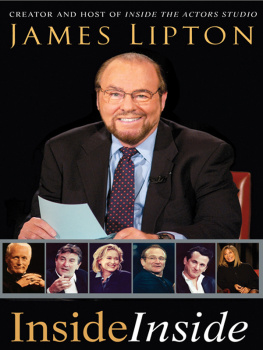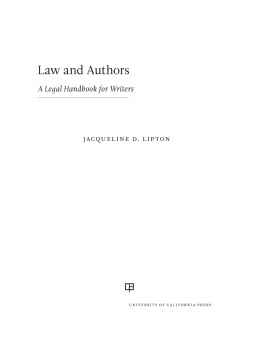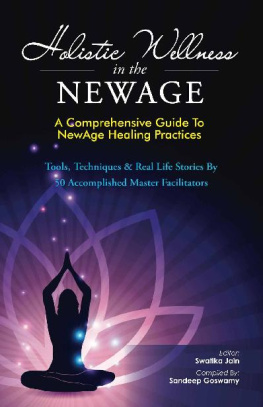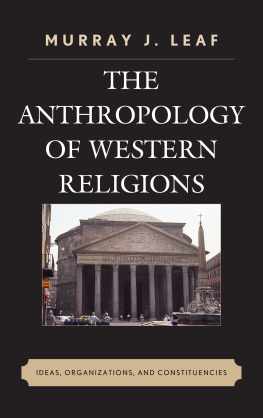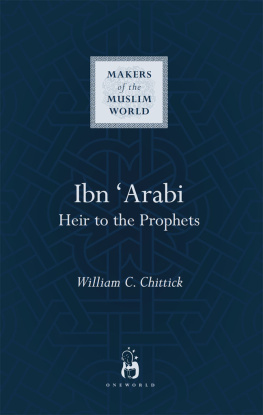Rethinking Ibn Arabi
RETHINKING IBN ARABI

GREGORY A. LIPTON


Oxford University Press is a department of the University of Oxford. It furthers the Universitys objective of excellence in research, scholarship, and education by publishing worldwide. Oxford is a registered trade mark of Oxford University Press in the UK and certain other countries.
Published in the United States of America by Oxford University Press
198 Madison Avenue, New York, NY 10016, United States of America.
Oxford University Press 2018
All rights reserved. No part of this publication may be reproduced, stored in a retrieval system, or transmitted, in any form or by any means, without the prior permission in writing of Oxford University Press, or as expressly permitted by law, by license, or under terms agreed with the appropriate reproduction rights organization. Inquiries concerning reproduction outside the scope of the above should be sent to the Rights Department, Oxford University Press, at the address above.
You must not circulate this work in any other form and you must impose this same condition on any acquirer.
CIP data is on file at the Library of Congress
ISBN 9780190684501
eISBN 9780190684525
For Manzar
Contents
THIS BOOK OWES its existence above all to my many mentors and teachers, whom I cannot thank enough or adequately. I must begin by expressing my gratitude to Carl Ernst, who served as my advisor throughout my graduate studies at the University of North Carolina at Chapel Hill. He has been my principal mentor in both the academic study of religion and Islamic studies; without his perceptive guidance, kind patience, and remarkable character, I could not have begun this work. Second, I must thank Omid Safi for his many years of generous support, laser-beam insight, and stunning example of walking with love in academia. Thank you as well to Tony Stewart, who tutored me in the nuances of theoretical writing as a beginning graduate student and has offered constant support ever since. I must also thank Juliane Hammer and Cemil Aydin, who, along with Professors Ernst, Safi, and Stewart, served on my dissertation committee at UNC and provided critical feedback while this book was still in its initial phases.
With respect to the study of Ibn Arabi in particular, which is what originally drove me to graduate school, I must first and foremost thank my longtime friend and mentor Bilal Hyde for introducing me to Ibn Arabis thought more than twenty years ago. In the same breath, I must also extend special gratitude to my beloved friend and teacher Manzarul Islam, whose patient guidance over the past decade in both the study of Ibn Arabi and the Arabic language is a gift beyond price. My deep gratitude also goes to my dear friend and colleague Cyrus Zargar. In addition to his critical insight regarding my engagement with Ibn Arabis thought in general, his more than generous help in reading through and commenting on the majority of the translations in this book has been invaluable. Here, I must also express my heartfelt gratitude to Gary Edwards and Adel Gamar for their many years of scholarly advice and encouragement.
Since I began work on this book, there have been many beloved colleagues who have read through chapters and given essential feedback. Peter Wrightmy boon companion and intellectual confidant since the start of my graduate traininghas over the years read various parts of this material and provided instrumental critique; his style of inquiry and philosophical approach to Islamic studies (and being human) have been formative to my own thinking and work. Ilyse Morgenstein Fuerst read the majority of the chapters of this book when it was in its initial stages and has provided an enormous amount of insightful advice; she is one of the wisest humans I know, and I am truly grateful to consider her a beloved sister, friend, and mentor.
I owe my wonderful colleagues at Macalester College special thanks for their generous help in the middle and final stages of this project. Brett Wilson, Erik Davis, Susanna Drake, William Hart, and Matthew Rahaim (at the University of Minnesota) all read chapters of this book and provided indispensable feedback as well as support. Here, I must also extend particular gratitude to my colleague Samuel Asarnow in the Department of Philosophy who has been a crucial, if often critical, conversation partner. He has taken valuable time to entertain my many philosophical queries, and my critique of Kant in the concluding chapter owes much to his close reading and subsequent challenges. Any philosophical infelicities found there, and throughout this book, remain my own.
Special thanks must also go to my primary mentor at Macalester, James Laine, who encouraged me to apply for the Berg Postdoctoral Faculty Fellowship, without which I would not have been able to have completed this project. I am therefore especially grateful to Charles and Kathleen Berg for the tremendous blessing of the Berg Fellowship, which provided the financial support needed to work on this book with a reduced teaching load while at Macalester from 2015 to 2017. I would also like to thank Gregory Alles who, as the managing editor at the journal Numen, shepherded to publication my article De-Semitizing Ibn Arab: Aryanism and the Schuonian Discourse of Religious Authenticity, in volume 64 in 2017 (pp. 25893). I am grateful to Brill for their permission to republish parts of this article in the expanded essay that comprises .
Finally, I turn to my family, and offer my deepest gratitude to my loving father, Jeffreythe consummate menschwhose unremitting support, encouragement, and optimism are worth a price far beyond rubies. Last, but certainly not least, I wish to thank my beloved wife Conniewithout whose sanity, wisdom, humor, beauty, support, and self-sacrifice I could never have completed this book.
In time, those Unconscionable Maps no longer satisfied, and the Cartographers Guilds struck a Map of the Empire whose size was that of the Empire, and which coincided point for point with it. The following Generations, who were not so fond of the Study of Cartography as their Forebears had been, saw that that vast Map was Useless, and not without some Pitilessness was it, that they delivered it up to the Inclemencies of Sun and Winters. In the Deserts of the West, still today, there are Tattered Ruins of that Map.
WHILE MY OSTENSIVE concern in this book is to analyze how particular ideas of the medieval Muslim mystic Ibn Arabi have been translated within a contemporary field of interpretation, the meta-subject that frames this analysis is the larger issue of religious universalism. And while my approach is necessarily critical, I am not overly concerned to weigh in on the ongoing debate regarding the ontology of religion itselfthat is, whether or not religion is of its own kind (sui generis).
Thus, even though this book takes seriously claims of religious terra firmathat is, religion as suchits analytical concern revolves around the discursive maps that chart such claims. Of course, the metaphor of mapmaking in the field of religious studies is well worn, made famous many years ago by J. Z. Smiths seminal essay Map Is Not Territory.reading of Smiths essay, Peter Wright has recently emphasized this essential point:
The student of religions... is not all that different from the practitioner of a religion. The practices of reading and writing, interpretation and criticismi.e., the practices that... constitute for Smith the study of religions as a humanistic adventure among textsbelong to the same family of activities that constitute ordinary religious practice. The scholar of religions and the adherent of a particular religious tradition are both engaged in a quest romance that produces a species of cartography.

